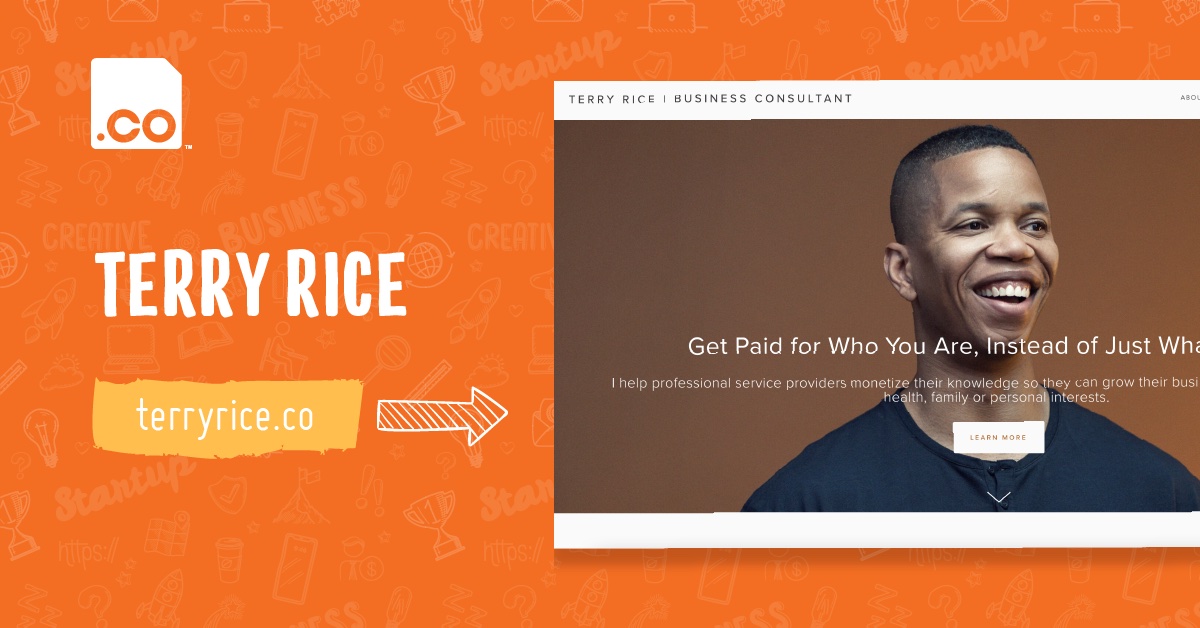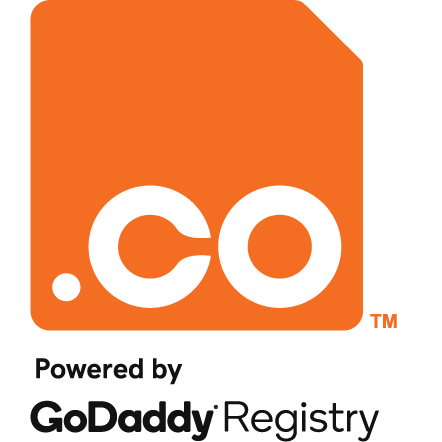Want to Be Successful at Content Marketing? Read This First
Before purchasing a product or service, most of us spend time doing online research. We study our options, compare prices, and read reviews or advice written by experts. In other words, we look for helpful content that enables us to make informed decisions. And just like most people, we’re also becoming more resistant to messages that come off as a “hard sell.” In fact, according to one study, 70 percent of consumers prefer learning about products and companies through content rather than advertising.
In this environment, one of the best ways to win new business is to provide answers when people are searching online to solve their problems. That’s where content marketing comes in. By getting into the practice of regularly publishing quality content, you build relationships, showcase your subject-matter expertise, and gain customer trust. In other words, as a long-term strategy for building your business, content marketing can’t be beat.
If you’re convinced content marketing is the way forward and you’re getting ready to dive in, it’s a good idea to learn more. Here’s an overview to help you take the plunge.
Marketing begins with great content
Content is at the heart of almost every aspect of online marketing today:
• SEO: Search engines boost the rankings of businesses that publish quality content on a regular basis.
• Social media: Your social media pages gain attention when you post information that people are interested in.
• PR: Successful PR doesn’t focus strictly on business promotion, but rather on disseminating valuable information that addresses issues people care about.
• PPC: Conversions improve when you ads link to highly engaging content.
• Email: Prospects subscribe to your email list when they believe you’ll regularly send helpful content.
As you can see, content complements a host of online marketing strategies. In so doing, it has a number of positive effects that enhance your brand. By publishing great content, you are effectively:
• Boosting your reputation. As people consistently read your content, they’ll be more likely to remember your brand and tell others about it.
• Increasing organic traffic. Regularly publishing quality content tells the search engines your site is always updated. Plus, it reduces your bounce rate by motivating people to click through to other related links.
• Building faith and trust. When your content is authoritative and helpful, people are more likely to believe you know your business.
• Improving sales. Calls to action that are embedded inside quality content encourage conversions.
What to do if you have an “unsexy” brand topic
Now that you’re convinced that great content is important, don’t start worrying that your business sells a boring product or service that no one cares about. Although you may think your industry is only interesting to you, a creative strategy can take you a long way to making what you do fascinating to a lot of people. Here are some tips:
• Write in a language they understand. You need to know the problem that you’re solving and clearly describe your customers’ pain points. If you can’t do this, do some market research by interviewing customers via phone or online. Make a note of the exact words they use when asked about their problem and why they chose your company over others. Afterwards, when you’re creating your content, use that same language to describe what you do and how you’re different from competitors. Avoid buzzwords and use simple language.
• Give free advice. Rather than continually taking about your product and its benefits, aim to build the practical knowledge of your audience by offering information about related topics. Focus on teaching your audience so that you can position your brand as trustworthy and authoritative. Potential and current customers will appreciate your helpfulness—and they’ll be more likely to share your articles socially.
• Tell a good story. Don’t forget to demonstrate proof of your business value. Everyone likes to be convinced with a great story or statistic. They are reassured when they know that other people have spent good money on something they’re considering investing in. Make sure to include case studies, testimonials, and other hard data that shows your company has improved the lives of customers like them.
Tips for getting started
Getting ready to create your own content marketing plan and wondering where to start? Here’s a general overview of what you’ll need to do:
1. Identify your audience. Review your business plan and look at the prospects you’ve identified who benefit from your business’s products, services, and expertise. Make sure to segment prospects according to their job titles and what motivates them.
2. Create a plan. You’ve probably already identified a set of business goals. Now, ask yourself how content can help you achieve them by complementing business activities, such as sales efforts, promotions, and partnerships. What types of content benefit these activities? Case studies, infographics, blogs, ebooks, white papers, etc. Make a wish list.
3. Outline a calendar. It’s time to think about how you’ll distribute content, as well as how often. Publishing content according to a regular schedule is ideal because it establishes a rapport with your audience.
4. Implement your plan. You’ll need to identify who’s responsible for creating and distributing content. If you don’t have someone on staff, you’ll need to consider hiring someone, adding to the workload of current staff, or outsourcing.
5. Monitor your results. Is your content hitting the mark? You’ll know within a few months whether it’s positively impacting your website traffic and search engine rankings. Check how many people are “liking,” sharing, and commenting. Respond to feedback and use any important insights to help improve your content strategy, and thus results, as you move forward.
Finally, a word about in-house vs. outsourced content marketing
Content marketing isn’t small businesses can usually take on without hiring a new staff member or outsourcing to a marketing agency. Like with everything, there are pros and cons to each approach. Before you make a decision about which route you’ll take, keep in mind:
• An in-house staff member will ensure that your company’s technical and product expertise is represented. However, this approach is expensive – your new employee will need to be well-versed in content marketing, as well as an excellent writer who is capable of writing website copy, ebooks, etc.
• An outsourced agency is definitely the less expensive option – there’s no downtime to pay for. Plus they’ll already be skilled in marketing. On the downside, you’re not their only client, and they won’t likely have deep technical/product knowledge.
As you’ve seen, content marketing includes a lot of moving pieces and considerations. But the rewards are well-worth the effort.





